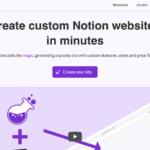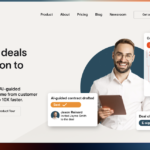Introduction
I often find words are easier to sell than code.
In my past life (I’m not that old, 24 actually), I would spend months writing lines of code without writing a single piece of content, only to find that there was no audience to showcase my work. And worse, no one cared about my product.
Long story short…those products are now buried in my virtual backyard.
In this article, I walk through my experience going from product-first to content-focused when creating value.
Key Takeaways
If you’re off in a hurry, here are the quick hit, key lessons I learned:
- Value starts with your content, not with your product—that’s how you build trust
- Lead with your story, not with your solution—it saves you time building a product
- Build an engaged audience base first before building a product
Lesson 1: Value starts with your content, not with your product—that’s how you build trust

What not to do (in my experience)
Let’s start with an example of what not to do.
I once spent over 7 months hacking away with a friend on a product called TradeCruncher. It was a trade journaling platform for options traders.
The concept was simple: instead of manually tracking your trades, we would automate it for you.
We thought we knew what the core value-prop was. We had experience trading options, we read complaints on Reddit, and we even made a brief survey. The whole nine yards, so to speak.
The pitfalls of focusing only on product
But when it came time to launch, there was no one to tell. We entered the option traders community as an outsider and self-promoter. We even got banned from a subreddit for promoting our product there.
The worst part is we learned from the handful of initial users (not paying customers) that the main feature was the biggest roadblock to becoming customers. People didn’t want to connect their accounts to a third-party site. They simply didn’t trust us.
What we should have done was continuously create content to engage with our audience before we started coding. We should have written threads to see what people’s reactions were and tell our story to build credibility.
That’s exactly what I did on my next venture.
Lesson 2: Lead with your story, not with your solution—it saves you time building a product

What I did instead (the next time)
The next time I stepped up to the (startup) plate, I launched another product called QualifyIt.
It was a prospect-sourcing platform for Sales teams that helped them prioritize leads based on recent news. The concept was also simple: use recent news to personalize cold emails.
The best part was I got three paying customers before I built a product. Here’s how I did it.
This time, I started with a Reddit thread. I outlined my experience working with sales teams, what their challenges were, and what a solution could look like.
I leveraged my story and my domain knowledge to build credibility. You can find the thread in r/sales here.
I added no self-promotion in the thread. I even added a link to a Medium article instead of my own site and dropped it in the comments section (you can find it here). The goal was to relate my story to their experience and get their reaction to a product I hadn’t built yet.
Iterating your value-prop within your content
The beauty was I could design and redesign a product in my content before writing a single line of code. I could see who engaged with which feature description, what problem they had, and what was truly important. On top of that, I was building awareness for an eventual launch.
The result was three inbound inquiries that led to three sales. I ended up hacking together half a product and used a bit of manual work to provide the remaining value. I thought I was on to something until I realized the value was in the service and not the software.
I could have stuck with QualifyIt longer, but I wasn’t interested in providing a service. The real issue was I didn’t have enough engagement to learn who I was serving and what their problem actually was. This led me to what I’m working on now.
Lesson 3: Build an engaged audience base first before building a product

What I'm doing now
Now, I’m ditching the product altogether.
Instead of splitting my time between writing content and writing code, my time is 100 percent focused on engaging with an audience through content.
I’m leveraging all my prior learnings to figure out what problem I want to solve next. Every week, I engage with an audience through content to build credibility and trust (lesson 1). I’m telling my story along the way to see who resonates with it the most and why (lesson 2). And now, I’m learning lesson 3.
Distribution over product
Distribution over product sounds simple in theory: just promote content and capture people’s attention. But in reality, it’s still really hard. You still need to identify who you’re serving and what their challenges are.
In a way, taking a content-first approach is similar to building a product. You have to engineer and test what people value to keep them engaged. At the end of the day, a company solves a problem, whether that’s through content or through a product.
Now, my time is 100 percent focused on helping B2B SaaS founders gain more traction for their products.
Every week, I send them the best strategies, stories, and case studies to help inform their next growth lever. I curate articles from the thought leaders in the SaaS industry and summarize them in a weekly email.
Recap on the lessons
- Value starts with your content, not with your product—that’s how you build trust
- Lead with your story, not with your solution—it saves you time building a product
- Build an engaged audience base first before building a product
Looking for more SaaS growth stories?
Stay up-to-date with the latest growth stories and curated SaaS content by subscribing to SaaS Weekly. Every Friday, we send you the best articles and case studies to inform your next growth strategy.
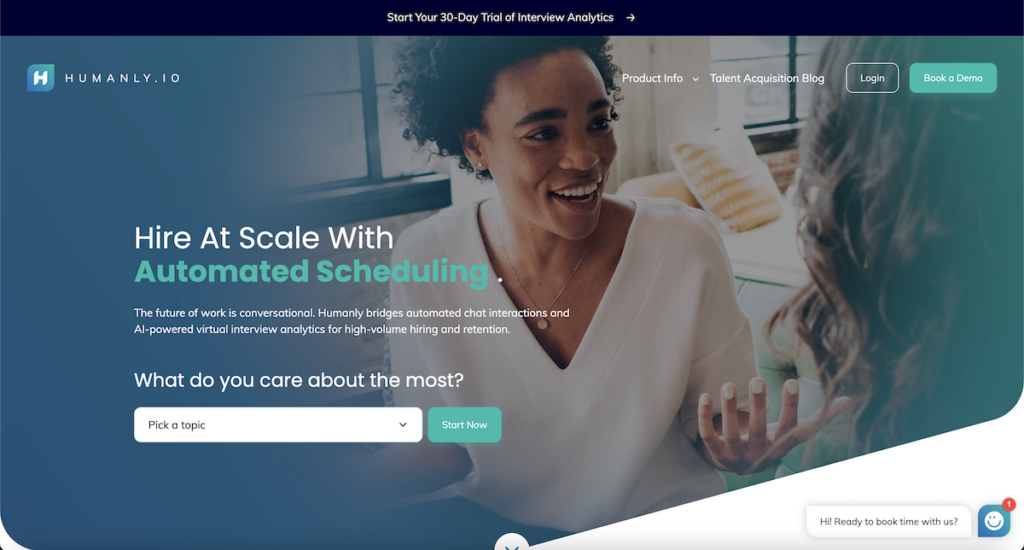
The Power of Partnership: How Humanly.io Builds a Product Moat in a Crowded Market
In this SaaS Weekly Growth Story, discover how Humanly.io uses an extensive partnership channel to scale its pipeline generation and strengthen its product moat.
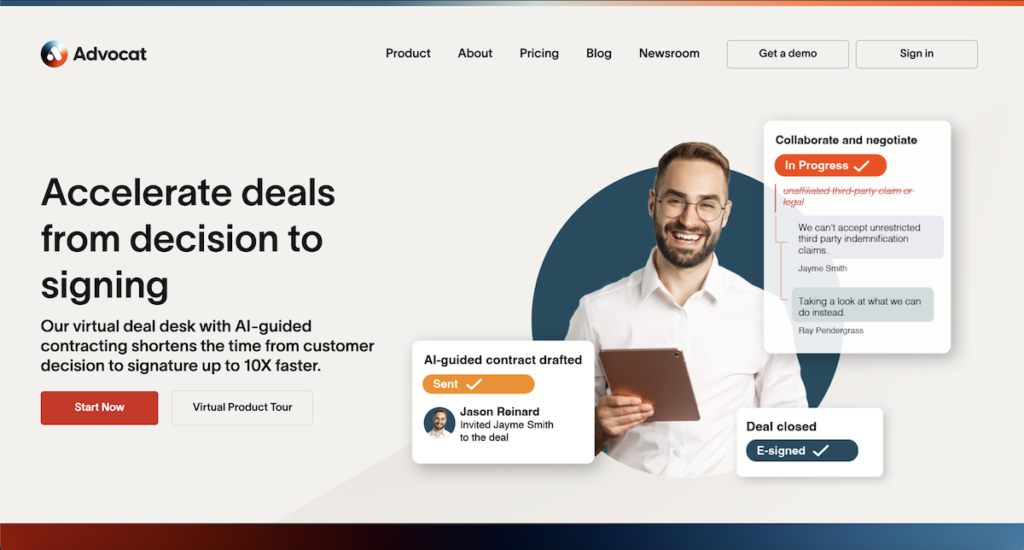
Building A $1M ARR Legal Tech Platform: The Advocat AI Growth Story
In this SaaS Weekly Growth Story, learn about how Advocat AI built a $1M ARR legal-tech platform by spending 12 months on customer discovery.
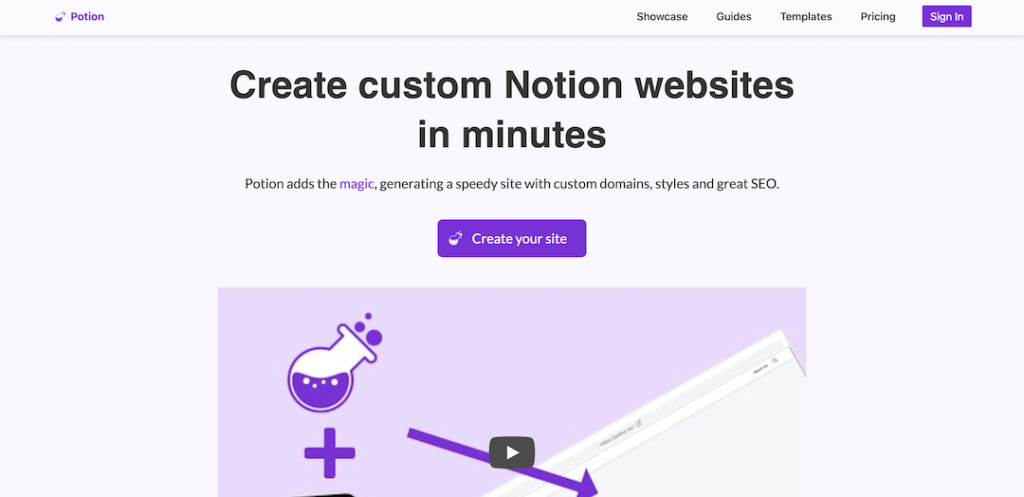
How Potion Used “Building in Public” to Gain Its First 100 Paying Customers
In this SaaS Weekly Growth Story, learn about how Potion.so used “building in public” to gain its first 100 paying customers.




